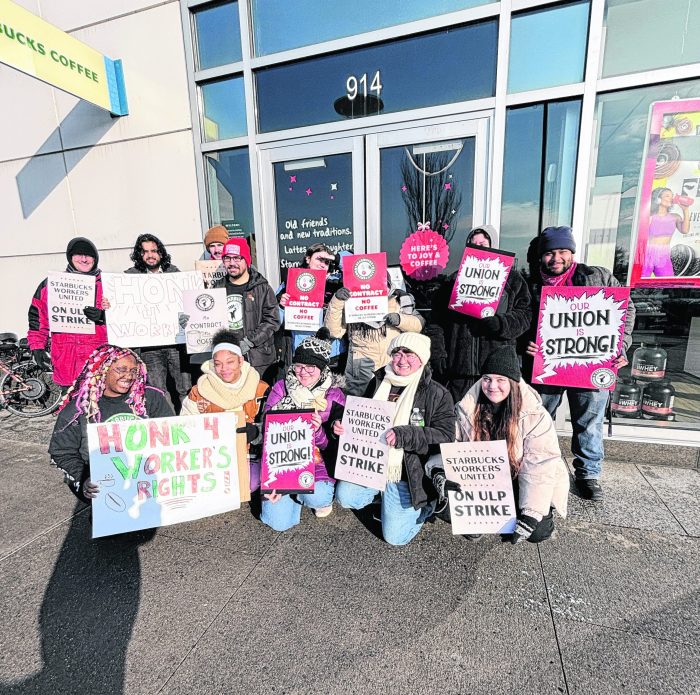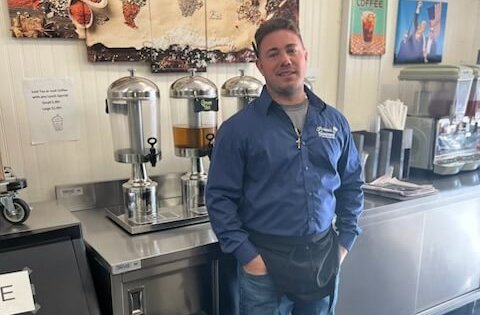Gregory Galdi is the founder and CEO of Custom Computer Specialists. Before founding Custom in 1979, Greg worked as a chemist at Brookhaven National Laboratory on projects such as radioactive waste management and hydrogen storage processes. It was there that he was introduced to technology and its ability to increase speed and productivity. Greg is a member of the Young Presidents’ Organization, a three-time Entrepreneur of the Year finalist, and recipient of Southampton College’s Distinguished Alumnus Award. He is an auto racing enthusiast and a member of the Sportscar Vintage Racing Association. Greg graduated from Long Island University with a Bachelor of Science in Chemistry.
What does Custom Computer Specialists do? We consist of three companies. The first part manages the operation of Interventional Radiology Departments at hospitals. This software schedules procedures and maintains inventories of stock of perishable medical devices such as stents that maintain blood flow in arteries. We are also a reseller of Infinite Campus, a K-12 student information management system that is a best-in-class, top-tier system. Used by many Long Island districts to manage student records and record student progress, it also has a student portal where parents can monitor their child’s progress and check homework. The third division is an infrastructure and Unified Communications technology design and managed service support organization. We supply technology support, solutions and resources for cities, towns, school districts and healthcare facilities from Philadelphia to Boston.
How did you begin your career? I began my career as a chemist at Brookhaven National Lab, working on radioactive waste storage. Part of my job was to work with computers. I would work daytime at BNL and nights I would write computer programs. I had a keen interest in that. My dad had a Wall Street business, and I also did computer work for him.
When did your company get started? In May 1979. We had three employees back then. Now, we have 300. We have 100,000 square feet of space in Hauppauge. We also have a location at One Penn Plaza in Manhattan and a facility in Rhode Island. Our sales are about $60 million a year.
Tell me what’s most important about your business these days. Back in 1980, hardware was very important. Now, it’s all about professional services. All our staff members have to interface with customers. Everybody has to have a customer service gene. We even evaluate their abilities for that during the hiring process.
Is everybody here computer literate? In 1990, I had 80 to 90 people here. I was the smartest one. By 1991, I wasn’t the smartest one. That’s how fast this industry changes. It’s very difficult these days for someone to know everything. At the highest levels here, only maybe 10 percent can reach a point where they grasp all the software defined network designs and nuances.
You mentioned earlier an interesting meeting you had in 1985 with Steve Jobs, Bill Gates, and others. What did you come away with from that meeting? That opened the door for me to meet with senior executives of Apple and Microsoft. I was able to meet with them and bring back information about the industry to Wall Street and other firms. I also remember Jobs and Gates were talking on a pretty out-of-the-box level. It was fascinating.
Tech is growing so rapidly it’s sometimes scary. Do we know where it’s all going? It is going fast. These days, you have someone like Elon Musk. He’s the Leonardo da Vinci of our times. We saw him launch rockets and retreive them intact. standing
straight up! Right out of the 50s science fiction movies. These times are similar to the beginnings of the Industrial Revolution. A lot of people then were left behind by progress. But things smoothed out. I think we will see that happen again. Technology does present challenges when it enters personal relationships, as it does today. But we will find better ways to use technology.
What’s the biggest advance you have seen in your years in the industry? That would be when the internet emerged from the labs. We were then able to communicate instantly around the world as we never had been able to do. It has all had a tremendous disruptive effect.
Where are we headed? When I founded Custom 40 years ago, I never imagined technology would be where it is today. I see in the future more virtual reality, more robotics and 3-D printing. Virtual reality allows someone to transport themselves, like maybe a surgeon who wants to assist in an operation. It’s the modern-day technological equivalent of the industrial revolution. We’re just in our infancy with all of this now. We should enjoy how rapidly technology is changing our lives today… Because it will never move this slowly again!
































